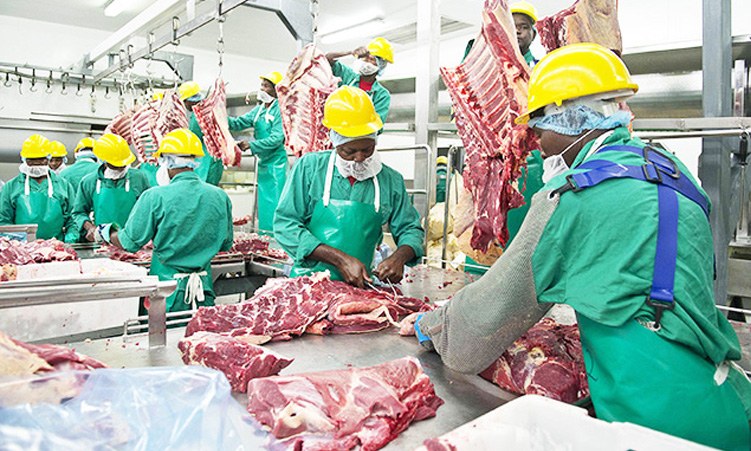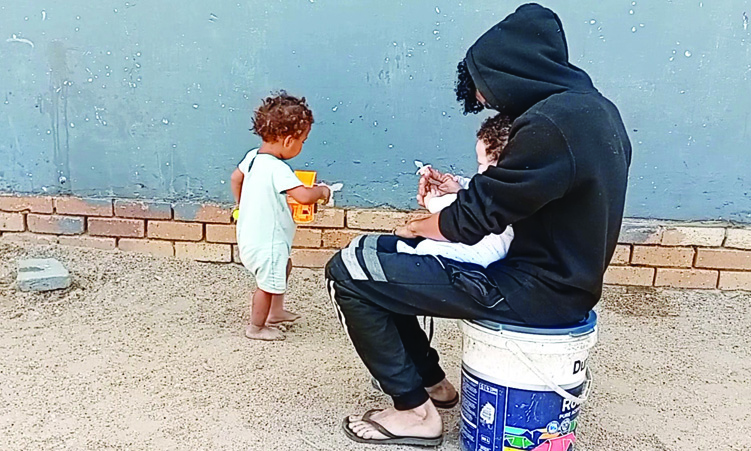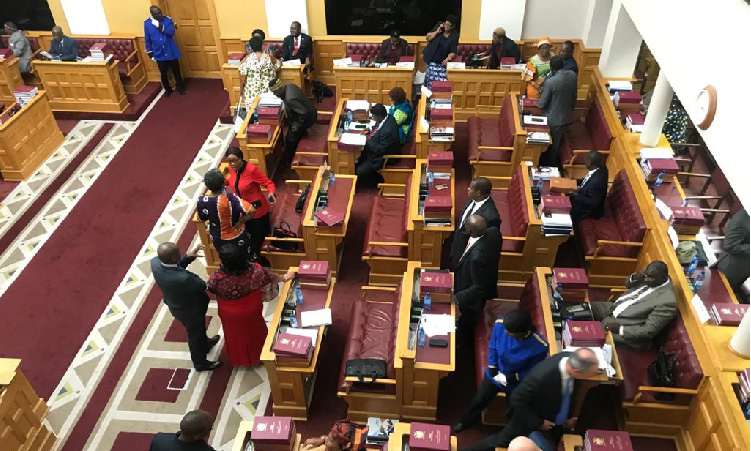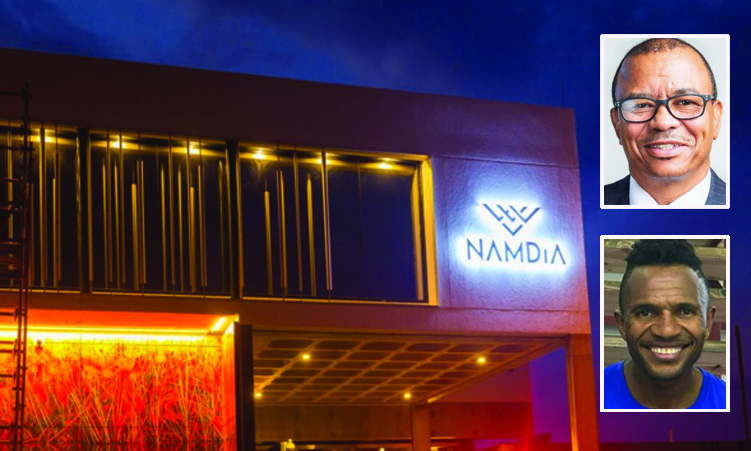WE all remember Mahatma Gandhi’s famous words, ‘There is enough in the world to satisfy our needs but not enough to satisfy our greed’, which were uttered so many decades ago and are as true today as they were then. These words are relevant to the Pan-African philosophy and project. But in most cases this central aspect of the Pan-Africanism is not emphasised in popular discourse and discussion.
People tend to focus more on African independence, unity and on Africa’s relations with the rest of the world. The economic dynamics of Pan-Africanism are somewhat downplayed, especially by African leaders and their handlers and enablers.This was evident at a recent public lecture held at the Polytechnic of Namibia to mark Kwame Nkrumah’s centenary anniversary. And let me in passing say that I was proud to be part of the audience that attended that special event. I can also proudly say that I was on the streets of Accra in March 2007 when Ghanaians were celebrating their 50th independence anniversary and reflecting not only on their achievements but also on where they have gone wrong.Amid those celebrations in Ghana in 2007, some voices must have been asking themselves if they had listened to Nkrumah, to his words, his wisdom and to his ideas?Because Kwame Nkrumah was not just another African revolutionary fighting for the independence of Ghana and the rest of Africa; but he was also a great thinker in the mould of Amilcar Cabral, Sekou Toure, Julius Nyerere etc. For example, the very notion of an ‘African Renaissance’ which is credited to former President Thabo Mbeki today was actually coined by Nkrumah way back in the 1960s.He says: ‘In the new African renaissance, we place great emphasis on the presentation of history. Our history needs to be written as the history of our society, not as the story of European adventures. African society must be treated as enjoying its own integrity; its history must be a mirror of that society, and the European contact must find its place in this history only as an African experience, even if as a crucial one. That is to say, the European contact needs to be assessed and judged from the point of view of the principles animating African society, and from the point of view of the harmony and progress of this society.’Those are big words and I’m sure the Sussex-educated Mbeki was aware of these when he started to advocate the contemporary version of an ‘African Renaissance’. Thus in the ‘I am an African’ speech Mbeki situates himself firmly within the context and in the service of the continent and like Nkrumah before him, he encourages others to join him in that long journey. As they say, Pan-Africanism is not a concept that easily lends itself to clear-cut or scholarly definitions. It is a journey. Pan-Africanism is an idea, a collective understanding of what binds Africans – not Namibians, South Africans, Ghanaians, Congolese, Ugandans, Zambians or Malawians – but as Africans with a common bond, history, tradition and how they intend to organise their affairs in the contemporary world.Divorced from its romantic hyperbole that recalls the early and politically-oriented Pan-Africanist movement concerned mainly with continental unity, a continental parliament, central bank and common currency etc; Pan-Africanism must be ready to address the dismal shame of poverty, suffering and human degradation on the continent.In a speech to the nation on December 24, 1957, Nkrumah said: ‘We shall measure our progress by the improvement in the health of our people; by the number of children in school, and by the quality of their education; by the availability of water and electricity in our towns and villages, and by the happiness which our people take in being able to manage their own affairs.’Africa’s place and status in the modern world as a viable post-colonial entity has always been under serious scrutiny and Nkrumah was perhaps acutely aware of that fact and that’s why economic development and thus the welfare of the African people took centre-stage in his work. In his ‘Consciencism – and Ideology for De-Colonisation’ Nkrumah said that political independence, though worthwhile in itself, is still only a means to the fuller redemption and realisation of a people. When independence has been gained, positive action requires a new orientation away from the sheer destruction of colonialism and towards national reconstruction.Many Africans leaders today don’t get that simple fact. The Ghanaian High Commissioner who spoke at the centenary anniversary, Julia Acolatse, told the audience that Nkrumah did not leave big mansions and foreign bank accounts behind when he died. A far cry from many of our corrupt leaders whose preoccupation is how to steal from the public coffer with impudicity. Are we then living the Pan-African ideals today? That’s the question that Ambassador Tuliameni Kalomoh addressed at that event. We are not. The tasks of Pan-Africanism must therefore be to elaborate on the humanity of the African and to end all forms of dehumanisation now, not in the future.
Stay informed with The Namibian – your source for credible journalism. Get in-depth reporting and opinions for
only N$85 a month. Invest in journalism, invest in democracy –
Subscribe Now!









